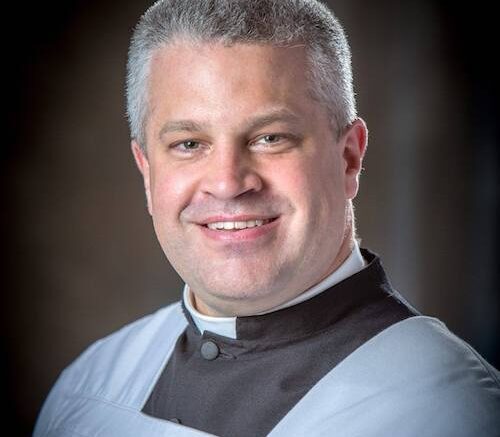In the play Romeo and Juliet, the inimitable Shakespeare placed on the lips of Juliet, “What’s in a name? That which we call a rose, by any other name would smell as sweet.” The forbidden love of her family’s enemy brought much tragedy.
In the book of Acts we learn that the followers of Christ first became known as “Christians” in Antioch (Acts 11:26). Prior to that, the Gospels spoke of Christ’s followers as the “disciples.”
This follows a very similar word from the Latin translation of the bible. From the original Greek we might also translate the word as “student”, “pupil”, or “learner.” In usage today we might occasionally use “disciple” outside of the Christian context, but its more general meaning is lost to us; we see “disciple” as more synonymous with “Christian” than “student.”
We might ask, has something been lost in the renaming?
Early in the Gospel of John, the orderly account of the calling of the first disciples was interrupted three times by translator’s notes (see John 1:35-42). John is not afraid to use the foreign terms “Rabbi” or “Messiah” or the name “Cephas”, but he is afraid he might lose his readers. Thus he provides translations: “teacher”, “Christ”, and “Peter.”
This points us to an important truth. The life of a Christian is the life of a disciple: to be a learner, ever at the feet of Christ the teacher. Over time we should come to understand more perfectly the contents of Sacred Scripture and the truths of the faith that have been handed on to us. (See 2 Thes 2:15 and 2 Tim 3:14-17.) Another word for teaching that has been handed on to us is “Tradition.”
To know someone expands our capacity for love. This should be evident to us from the ordinary human experience of friendship or romance. The better two people know each other, the more deeply they can love one another. The same effect can be seen in our relationship with God. Knowledge comes before love. (Cf. Rom 10:14) Thus we can see a connection between the intellectual life and the spiritual life. Good spiritual reading is the fuel for prayer.
If we deliberately stopped learning the Christian faith when we stopped attending Sunday School (say, perhaps, eighth grade), we should not be surprised if our prayer life has not advanced beyond that of an eighth grader.
If that is the case, we should be as dissatisfied with our lack of growth in knowledge of the faith as with our lack of depth of prayer. Working on both together can be helpful.
The modern world presents us with many distractions that are obviously not helpful to maintain a lifelong disposition of the learning of a disciple. Some distractions are not so obvious. It might be tempting to keep up on church news as a Christian obligation. However, being up on the latest church news (available to us in great quantity online) is no substitute for learning or prayer! It is closer to gossip. Such news sources want to keep us “tuned in” for ad revenue, and they too often try to addict us by tapping into our emotions of anger or fear. When these intense emotions arise, they are further impediments to prayer.
Christians should embrace the lifelong, ancient, and scriptural title of “disciple.” We should never set aside learning at the feet of Christ and those He called and sent to continue His mission. To do so would be a more profound tragedy than Shakespeare ever wrote.



Be the first to comment on "A Pastor’s Thoughts: Christians, The Perpetual Students"